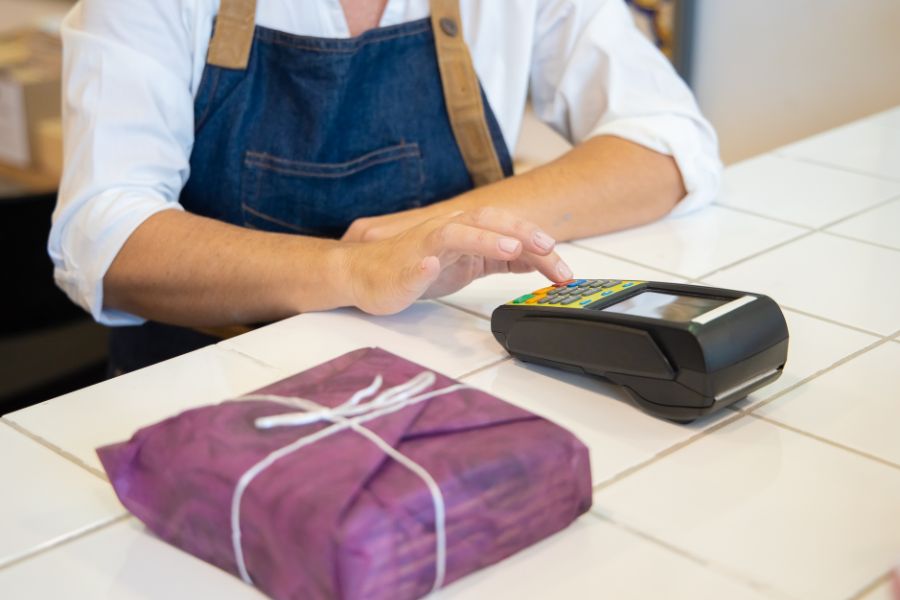According to the Association of Certified Fraud Examiners, almost half of small businesses are victims of fraud at some stage during their company lifecycle who are not able to recover from these losses. Thankfully, there are steps you can take to reduce the vulnerability and protect yourself and your customers from cyber-attacks. This article will provide some tips to secure BigCommerce online store.
Make use of card verification value (CVV)
This three- or four-digit security code printed on the backside of credit cards is probably familiar to you. You may not be aware that PCI regulations prohibit you from storing the CVV along with the credit card number and the name of the cardholder.
That is why the CVV works well to protect such vulnerable information when you make payments. ECommerce fraudsters would be unable to obtain it (unless they have stolen the physical credit card). As part of their checkout models, most processors provide a method to include CVV. Make use of it.
Implement SSL certificate
An SSL certificate ensures that all information exchanged between a user and the site is protected by verifying that a secure web page (such as the checkout page) is adequately encrypted.
Use the free dedicated SSL license
Encryption Everywhere is a secure, dedicated SSL certificate that comes standard for all BigCommerce stores with a custom domain.
Use SSL certificates BigCommerce offers for purchase
BigCommerce also sells SSL certificates that are GeoTrust-verified and come with extra security features. These features include site seals, enhanced purchase authentication, and Extended Validation.
Use an SSL certificate from a third-party
On the Pro and Enterprise plans, stores can also add an SSL certificate from a third-party issuer.
Keep software up to date
Many times, the system contains a lot of information about customers and also your company. This can become a ‘hot’ target for hackers. A software update is more than just installing the most recent version – it is also to keep up with the latest way to protect your computer from cyber criminals. Hackers constantly find ways to access your system. Staying on top of the ‘game’ is the best thing that business owners can do to secure their BigCommerce online store.
Choose a secure e-commerce platform
Building a profitable eCommerce company entails a lot more than you would expect. ECommerce, in reality, can be just as tricky as any other form of company. Choosing the right eCommerce platform is similar to choosing a suitable location for your shop.
Selecting the appropriate eCommerce platform depends on your specific needs, but one of the most important factors to consider is security. Make sure that your chosen platform has extensive security measures and maintains PCI compliance. Merchants on BigCommerce can trust that in terms of security, this platform has been ISO/IEC 27001:2013 certified.
Review your error messages
To secure your BigCommerce online store, it is extremely important to double-check your error messages. Make sure that you do not give too much information in the error message to customers, such as API keys or database passwords. This can make the system more vulnerable, as this information can be found out by hackers. Therefore, businesses should inform users with sufficient notifications and keep secret security information in the server logs.
Wrapping up
Having a secure eCommerce store can prevent bigger losses in the future. These tips on how to secure your BigCommerce online store are only recommendations, therefore, we encourage you to find the most extensive ways to protect your business according to your needs.
Apart from a secure eCommerce platform, having a well-protected POS system to handle business activities is crucial. ConnectPOS is a point-of-sale system that operates on BigCommerce with various security measures. Contact us if you are interested or have any questions.
ConnectPOS is a all-in-one point of sale solution tailored to meet your eCommerce POS needs, streamline business operations, boost sales, and enhance customer experience in diverse industries. We offer custom POS with features, pricing, and plans to suit your unique business requirements.




